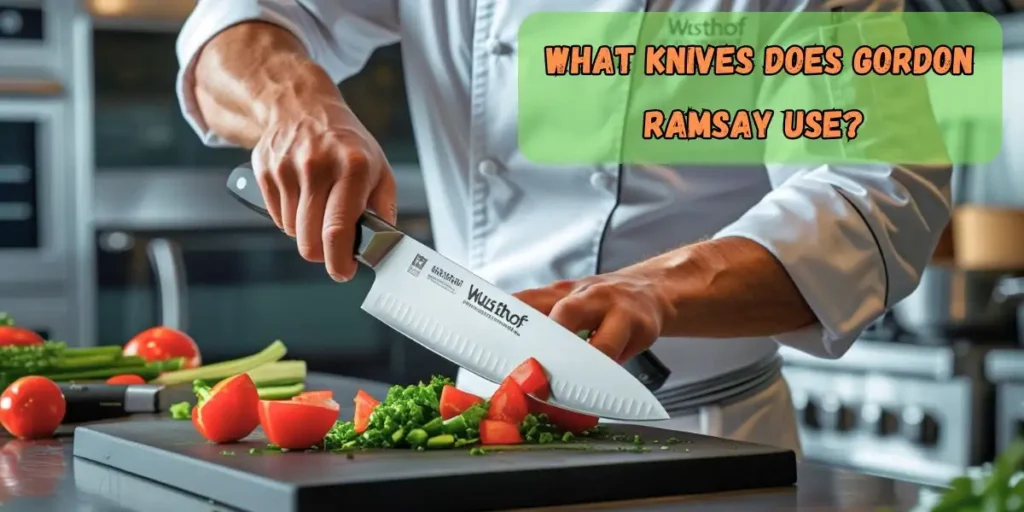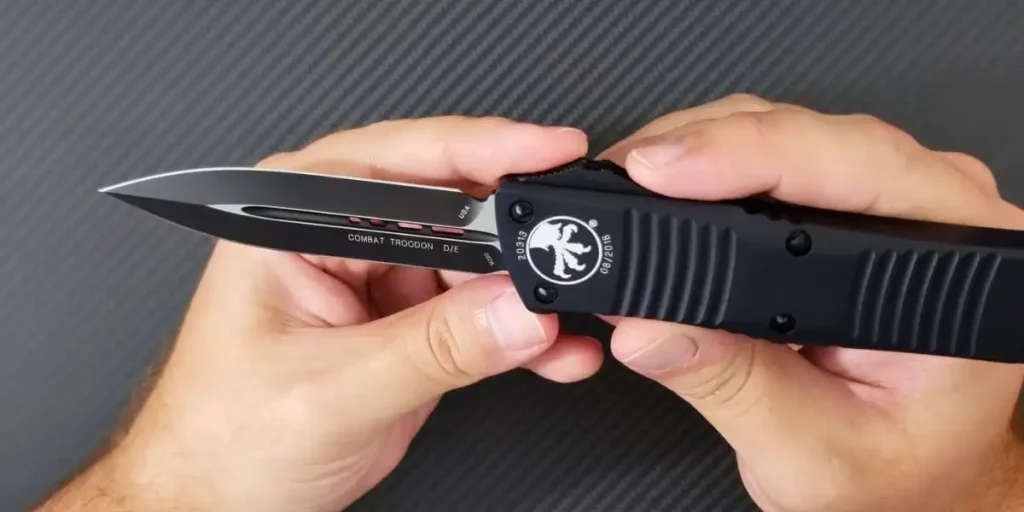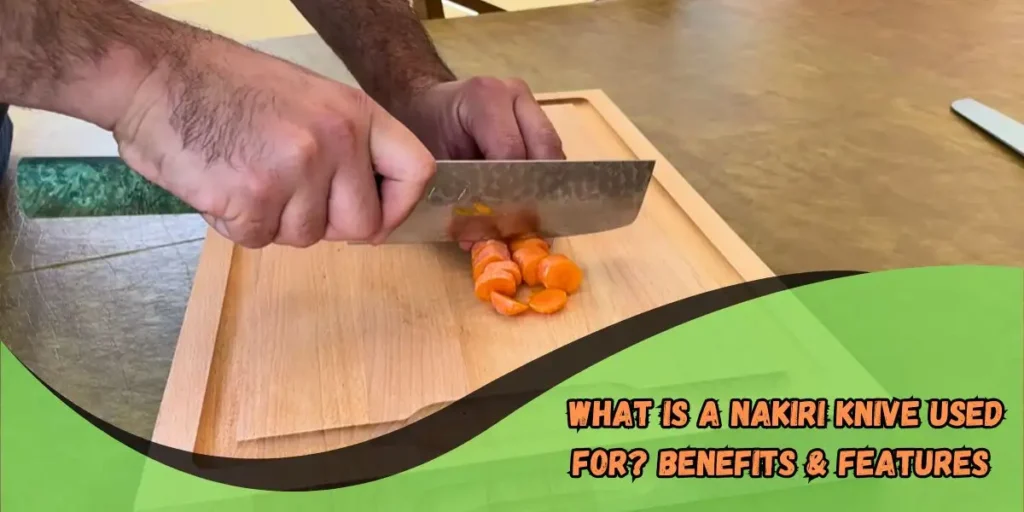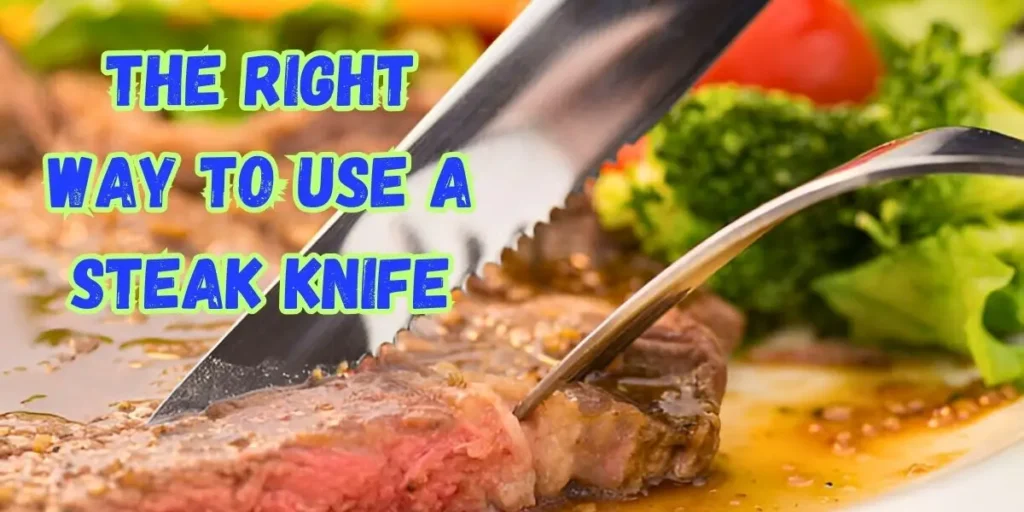How to Keep Damascus Steel from Rusting: Easy Care Tips
Damascus steel is famous for its wavy patterns and muscular build. But rust can ruin its beauty and performance. Preventing rust on Damascus steel is not just for looks. It helps your blade last longer and stay sharp. Without proper care, moisture can damage it fast.
But don’t worry! Keeping it rust-free is easy. You can clean the blade often, apply blade oil for Damascus, and store it correctly. Simple things like polishing Damascus steel and using natural rust inhibitors for steel protect it from harm.
Knife rust prevention techniques like these can save you time and money. We’ll show you how to do it. From cleaning and oiling to proper storage, you’ll learn how to keep your Damascus in perfect shape. Follow this guide, and your blade will stay as strong as its reputation.

What Causes Rust on Damascus Steel?
Before we discuss how to prevent rust, I would like to discuss what is causing the problem. Rust is a reaction between moisture and oxygen that contacts steel. This is oxidation, the process we all fear, in which the metal becomes iron oxide (also known as rust).
This process can be incredibly challenging for Damascus steel, which consists of many layers of different types of steel. Various steels respond to moisture differently, and if you are negligent in keeping your blade, it may rust into a nasty blobby shape that completely ruins the beautiful pattern.
Damascus steel is frequently made from high-carbon steel, which has a higher iron content than many other types, thus providing extra opportunity for rust. If your knife or tool gets too wet and isnâs adequately dried, it rusts faster than you would think. Salt and humidity, not to mention acidic foods, can accelerate that rusty bolt.
Why Rust Prevention is Crucial
Do you know how your favorite jeans are ratty if you never wash them? And rust does that to Damascus steel. Both critical elements can erode the integrity of your blade by compromising both the core operation and the beautiful layered pattern. And, come on, would you want an excellent blade turning rusty and pitted?

Rust affects not only the aesthetics of your knife but also its performance. Rust can weaken the strength of Steel and make it more brittle, making achieving and maintaining a sharp edge much more complicated. To keep your Damascus blade as strong and dependable as it was on the day you purchased it, rust prevention must be at the top of your list when maintaining a knife.
Proper Cleaning Techniques
With this knowledge of what causes rust, we can discuss how to prevent it. The first step? Cleaning your average kitchen knife isn’t made of Damascus steel, and you cannot simply throw the blade in the sink and go scrubby like a crazy person. It requires special care, or Steel will regret it.
How to Clean Damascus Steel
- Warm, Soapy Water—To clean your Damascus knife, Use gentle dish soap in warm water. Do not use harsh chemicals or abrasive cleaners that may scratch the surface.
- When washing your knife, use a soft cloth or sponge. Do not use anything abrasive, such as steel wool or a scrubbing pad, as these may scratch the surface.
- Rinse Right Away — Avoid soaking your blade in the water. Immediately rinse it, then buff dry.
Cleaning Damascus Steel: Things You Should Never Do
- No abrasives – keep anything that might scratch the blade. While it may seem shocking, rust is not the only thing that can ruin Damascus steel; scratches will trash the iconic look.
- Soak-free: Never leave your blade in the water for an extended period. If it becomes wet, wipe it immediately with a clean towel.
Related: How Long Can a Kitchen Knife Be Wet?
Regular Cleaning Routine
Cleaning is not a one. The keys consistently ensure you stay rust-free, first-free, and Damascus steel. Please wipe down your blade after using it with a sit-on cloth to remove moisture or residue. If you use the knife for cooking or in any environment where it may become wet, dry it immediately afterward.
It is good practice to tour the Damascus steel knife after using it. It seems like a little side trip, but believe it reasonably, it’s worth it. Rust is more challenging to fix than to prevent, and this straightforward routine can help maintain the new look of your blade.
What to Do If Your Damascus Steel Develops Rust
Rust sometimes happens, even despite our best efforts. But don’t panic. Your blade will not be lost, and there are some simple methods for dealing with small areas of rust.
Removing Rust on Damascus Steel – Step-by-step guide
- Well, this uses a Rust Eraser. These little devices are super cool. They are also great because they are non-abrasive and can remove rust. Rub the eraser on the rusty areas, and it will remove them without scratching the design.
- Nondestructive abrasives: If you don’t have a rust eraser, copper doesn’t, or steel wool is acceptable. Use an excellent grit. Do not scratch the blade with a rub.
- White Vinegar or Baking Sod: For severe rust, —Make a paste of baking soda and water, or soak the blade in vinegar for only a few minutes (not hours). Now, wipe the rust away with a soft cloth.
Once the rust has been removed from the blade, it must be cleaned and dried thoroughly. It should also be oiled to prevent rust from returning.

Maintenance
Preserving the rust-free nature of your Damascus steel comes down to using the correct products. This is what you should always keep in stock for regular maintenance:
- Camellia Oil is the standard oil for Damascus steel. It is non-oily, doesn’t stick, and works as a freshening-up spray. After cleaning, a thin film of camellia oil will keep the steel from rusting.
- Mineral Oil is also a good choice for preventing blade rust. It is very common and works miracles to prevent rust formation.
- Rust Eraser: As we mentioned, your blade needs to be kept in good condition, and this rust eraser does precisely that.
- Buffing cloth: Use a soft microfiber cloth to polish and buff your steel. It will also help keep its shine and gloss.
- Regularly oiling and cleaning your Damascus is a defense against rust, keeping this blade in peak condition.
How to Store Damascus Steel for Long-Term Preservation
We all know how the way you store your Damascus steel items can cause them to get rusty. When not using your knife or tool over time, store it properly. Here are some tips:
- Keep in Dry Environment: Damascus steel objects should be kept at a dry, low-moisture location. Please do not put them in places like kitchens or bathrooms that are highly humid.
- Covers: When you do not use your knife, cover it or stow it in a sheath, which will protect the edge from dirt patient to dust, moisture, and unintentional scratches
- Storage Cases: Another option is a storage case with an inner layer of padding to guard against moisture in the air.
- Keep Away from Direct Sunlight: Make sure you keep the steel away from direct sunlight, as high temperatures could impair or erode the quality of the stainless steel.
Additional Tips for Damascus Steel Enthusiasts
- Avoid Contact with Acidic Food: Tomatoes and citrus fruits both contain corrosive substances that are the enemy of Damascus steel. If you happen to touch them, high-tail it and clean your blade ASAP.
- Scheduled Inspections: Whether you use your Damascus steel daily, inspect it occasionally for rust or other wear.
- Be Regular with Sharpening: It is not just about sharpening your blade to improve performance; it also prevents rust from forming along the edge. Use a sharpening stone or go to the original peak condition for professional sharpening.
Conclusion
Caring for your Damascus steel knives, tools, and blades may feel like hard work, but it is worth the hassle. Keeping rust at bay leads to the beauty and strength of your Damascus steel by following a regular cleaning schedule, using appropriate oils between uses, and finding the right places for storage. Well, do so—floss that blade without rust ruining your day. As with all care, the little things will keep your Damascus steel glistening for years to come.
Happy sharpening!
Frequently Asked Questions (FAQs)
Damascus steel has high-carbon content. This makes it more likely to rust when exposed to water or air. Regular care prevents this problem.
Mineral oil, food-safe oils, or blade oil work well. They form a layer that keeps moisture away, stopping rust and corrosion.
Clean and oil it after every use. This is especially important when the knife touches water, acidic foods, or humid air.
Yes, polishing helps. It removes dirt and moisture from the surface. This reduces rust risk and keeps the blade smooth and shiny.
Store the blade in a dry place. Use a sheath or case. Add a silica gel pack to absorb moisture and protect the blade.
Yes, natural oils like camellia or coconut oil work well. They form a protective layer and are safe for kitchen use.
Leaving the blade wet, poor storage, or skipping oiling can cause rust. Cleaning it after contact with water or acids helps prevent damage.
Related Posts
-
 What Is a Slicing Knife Used For? Discover How It Makes Cooking Easy!
What Is a Slicing Knife Used For? Discover How It Makes Cooking Easy! -
 What knives does Gordon Ramsay use? Check out his premium knives
What knives does Gordon Ramsay use? Check out his premium knives -
 What Knife Do Navy Seals Use? SEAL's Standard Issue 2025
What Knife Do Navy Seals Use? SEAL's Standard Issue 2025 -
 What Knife Does John Wick Use? Learn About His Deadly Blade
What Knife Does John Wick Use? Learn About His Deadly Blade -
 What is a Nakiri Knives Used For? Benefits & Features Explained
What is a Nakiri Knives Used For? Benefits & Features Explained -
 Fish Knife vs Butter Knife: Key Differences and Uses Explained
Fish Knife vs Butter Knife: Key Differences and Uses Explained -
 How to Sharpen Global Knife: A Quick Guide 2025
How to Sharpen Global Knife: A Quick Guide 2025 -
 Decoding the Iconic Why So Serious Joker Knife
Decoding the Iconic Why So Serious Joker Knife -
 The Right Way to Use a Steak Knife: Tips and Tricks
The Right Way to Use a Steak Knife: Tips and Tricks -
 How to Sharpen a Morakniv Knife Safely and Effectively
How to Sharpen a Morakniv Knife Safely and Effectively

